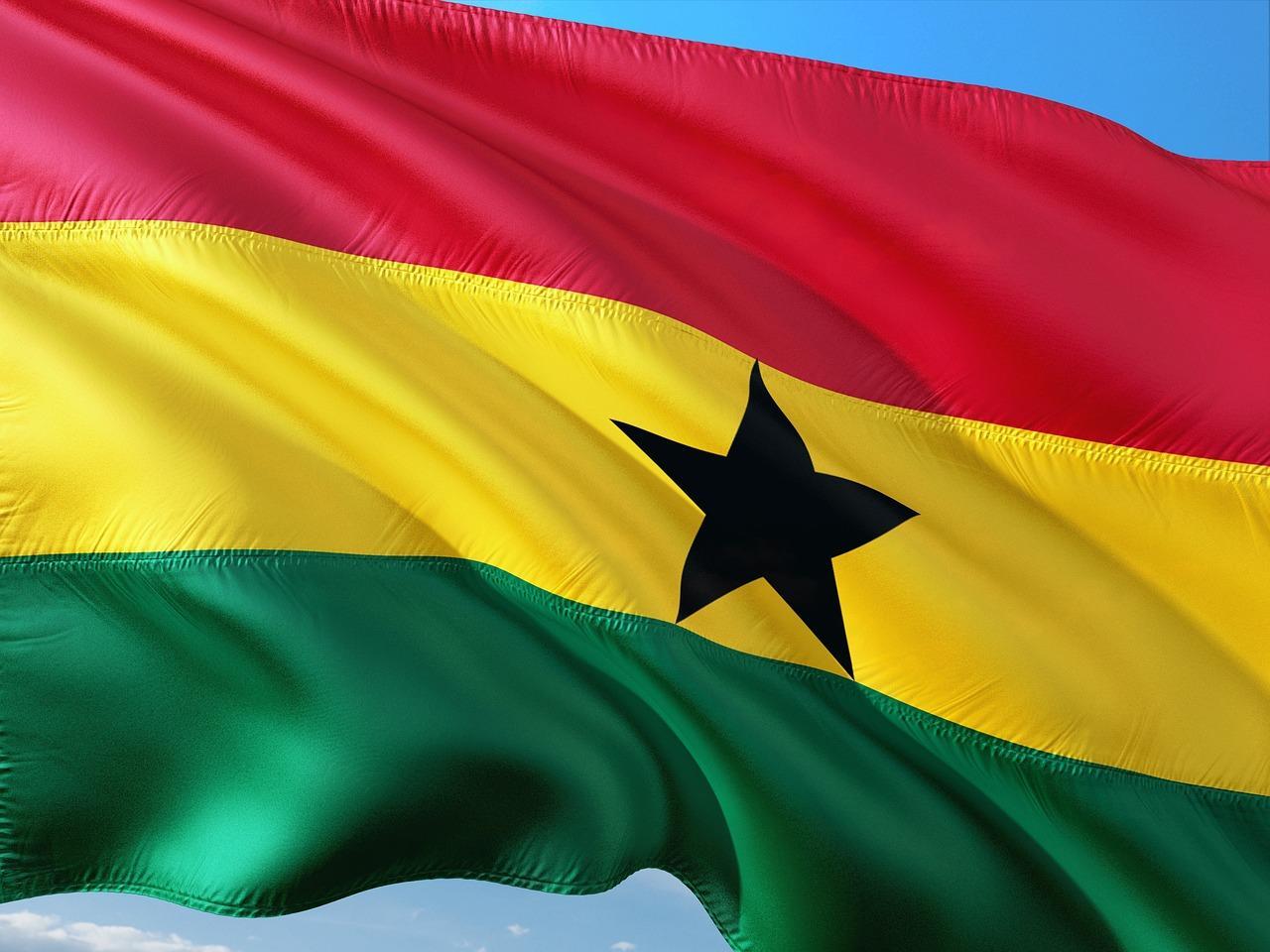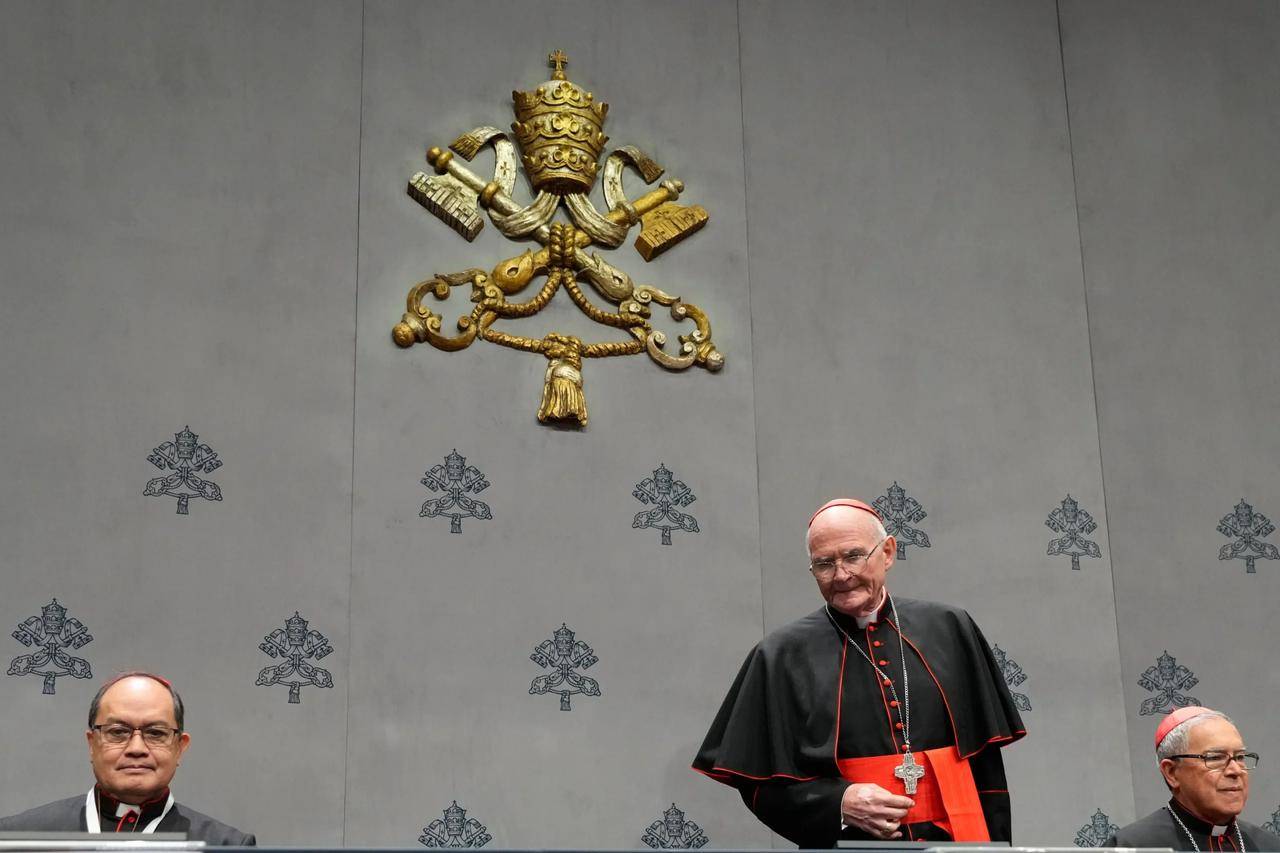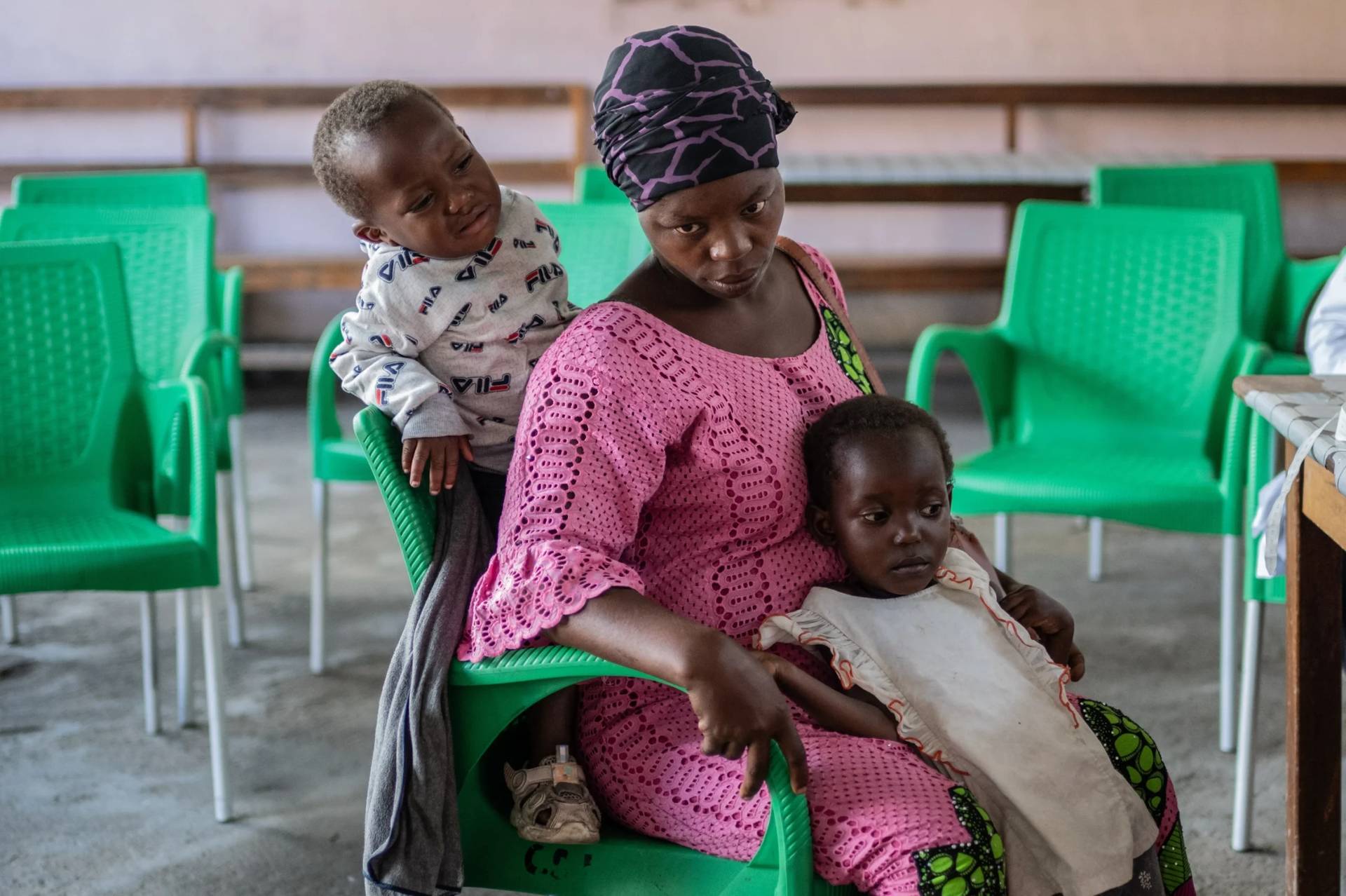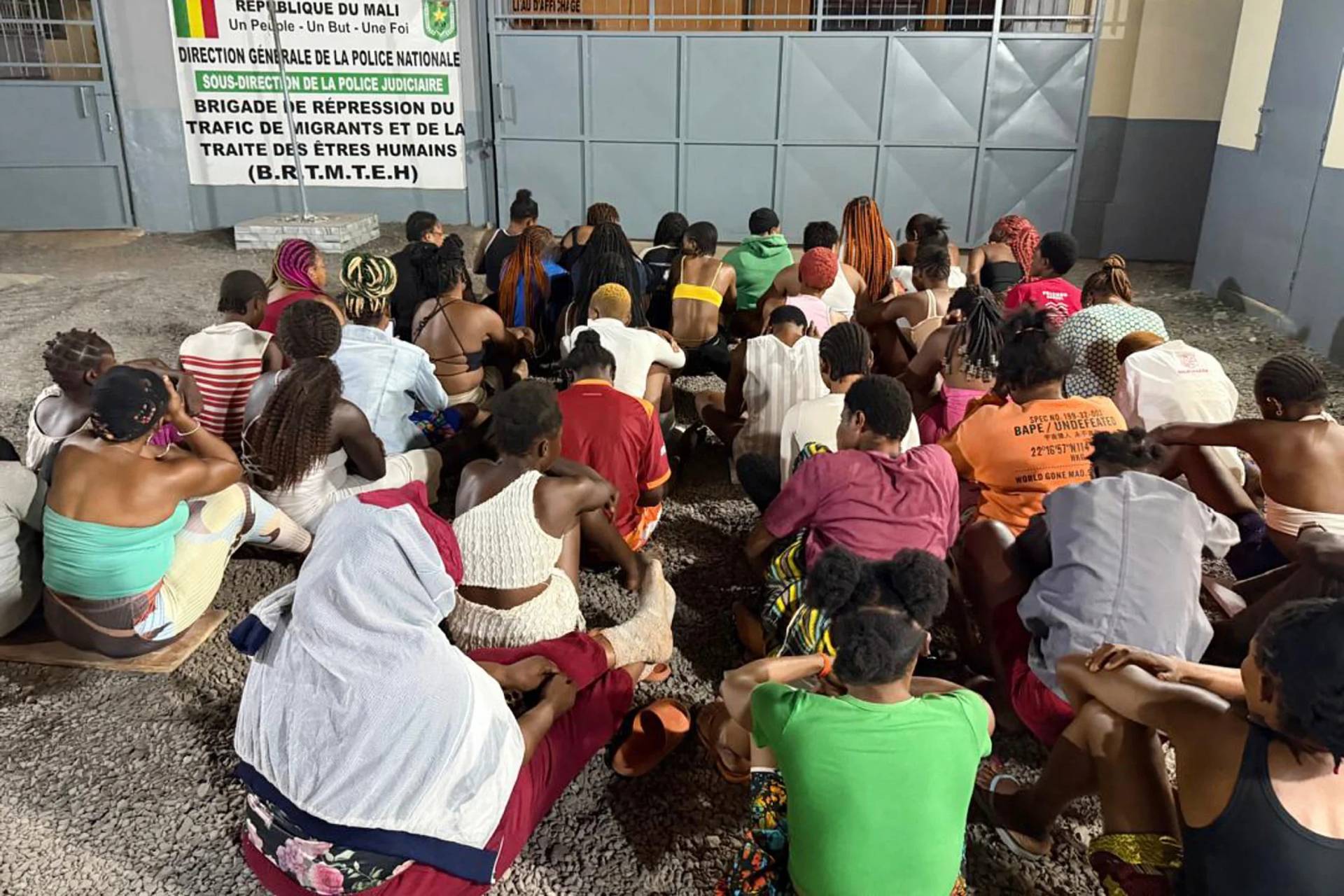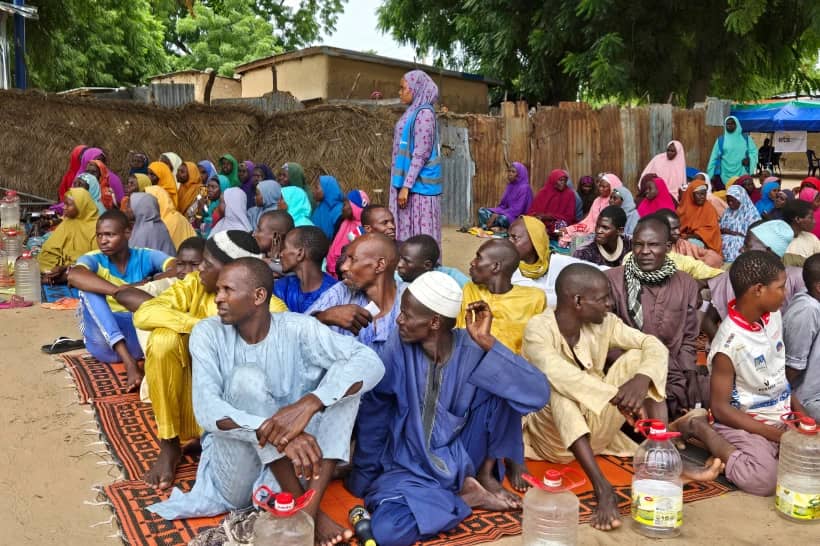YAOUNDÉ, Cameroon – Catholic bishops in Ghana have again raised alarm over the scale of illegal mining in the country, saying that what should have been a national blessing has turned out to be a curse of national proportions.
Ghana leads gold production in Africa, yielding roughly 130 tons every year. Gold comprised over 93 percent of its 2019 mineral revenue, with other minerals contributing less. Ilegal mining – called “Galamsey” – is a major issue, employing an estimated one million Ghanaians and supporting 4.5 million more.
The Ghana Chamber of Mines reported that illegal mining cost the state $2.3 billion in smuggled gold in 2016.
Bishop Matthew Kwasi Gyamfi said illegal mining undermined all efforts at environmental protection.
“We are deeply alarmed at the environmental degradation caused by illegal mining and the seeming inability or unwillingness of authorities to halt it,” the bishop said in a prepared statement.
“This crisis extends beyond the environment, it threatens the health, livelihoods, and future of our people,” the statement said.
The practice, has led to the loss of over 10,000 acres of forest land in just two years, Gyamfi said, adding that rivers such as the Pra, Offin, and Ankobra have been reduced to “bywords for environmental collapse.”
The water bodies are so polluted that the charity WaterAid has called it “ecocide.” The Ghana water utility has warned that Ghana risks becoming a net importer of water by 2030 if illegal mining isn’t curbed.
“The ecological damage is grave, but the social and moral disintegration it breeds is just as perilous,” Gyamfi said.
Then there are the health hazards associated with the practice.
In October 2022, Archbishop Philip Naameh highlighted the detrimental effects of water contamination triggered by illegal mining.
He noted a rise in patients at Catholic hospitals suffering from unexplained illnesses linked to contaminated water. He specifically mentioned increasing cases of cervical and uterine cancer in women, kidney disease in people including children, and a rise in stillbirths.
But the rush for Ghana’s gold has consequences far beyond Ghana’s borders. It’s fueled trafficking in human beings in countries as far apart as Cameroon.
Lukong Isidore Njodzeven, the deputy diocesan coordinator for the Justice and Peace Commission of the Catholic Diocese of Kumbo in Cameroon’s war-torn North West region, told Crux that there was growing evidence that human traffickers were using the mining boom in Ghana to fuel trade in humans.
“Many desperate young people, uprooted from their communities as a result of the conflict, can hang onto any promise of a better life,” he said.
“Traffickers are preying on such desperation. They would tell young people that there is a need for labor in Ghana’s gold mines, and these people are then trafficked across the border, and they sometimes find themselves stuck in Nigeria,” Njodzeven explained.
Catholic bishops in Ghana have urged swift action, saying that enforcement of the law must be “balanced by credible and sustainable alternatives for those driven by desperation.”
The bishops suggested a seven-point action plan they believe would effectively combat the scourge.
Their proposals include halting the issuance of new small-scale mining licenses and performing a comprehensive audit of all current operations across the country. They also urged the government to focus on land reclamation, invest in sustainable livelihoods for communities affected by mining, and boost funding for regulatory agencies like the Environmental Protection Agency (EPA), Minerals Commission, and Water Resources Commission.
Additionally, the bishops recommended implementing a blockchain-based digital mineral traceability system to curb smuggling, ensure legal compliance, and recover lost state revenues.
They said enforcing these measures might require a limited state of emergency especially in severely affected zones that would allow military-led reclamation, and the restoration of lawful governance.
Ghana President John Dramani Mahama pledged to arrest the scourge, promising to restore degraded forests through carbon-credit mechanisms.
Ultimately, success will be achieved when the principles of Pope Francis’s encyclical, Laudato Si’, are integrated into the daily lives of the faithful.
Allen Ottaro, Founder and Executive Director of the Nairobi-based Catholic Youth Network for Environmental Sustainability in Africa (CYNESA), told Crux that every Christian, and indeed anyone inhabiting the Earth, has a responsibility to protect “our common home,” referencing the shared environment.
“Every Christian, through their baptism, is called to care for our common home,” he said.
“As Pope Francis emphasized in the encyclical Laudato Si’ – living our vocation to be protectors of God’s handiwork is essential to a life of virtue; it is not an optional or secondary aspect of our Christian experience,” Ottaro said.
“Therefore, Christians must take this responsibility seriously, allowing it to influence both their personal lifestyles and their social actions. St. Francis of Assisi serves as an exemplary model for all Christians, inspiring humanity to view the world with joy and reverence, as Pope Francis encouraged us to do,” he told Crux.
